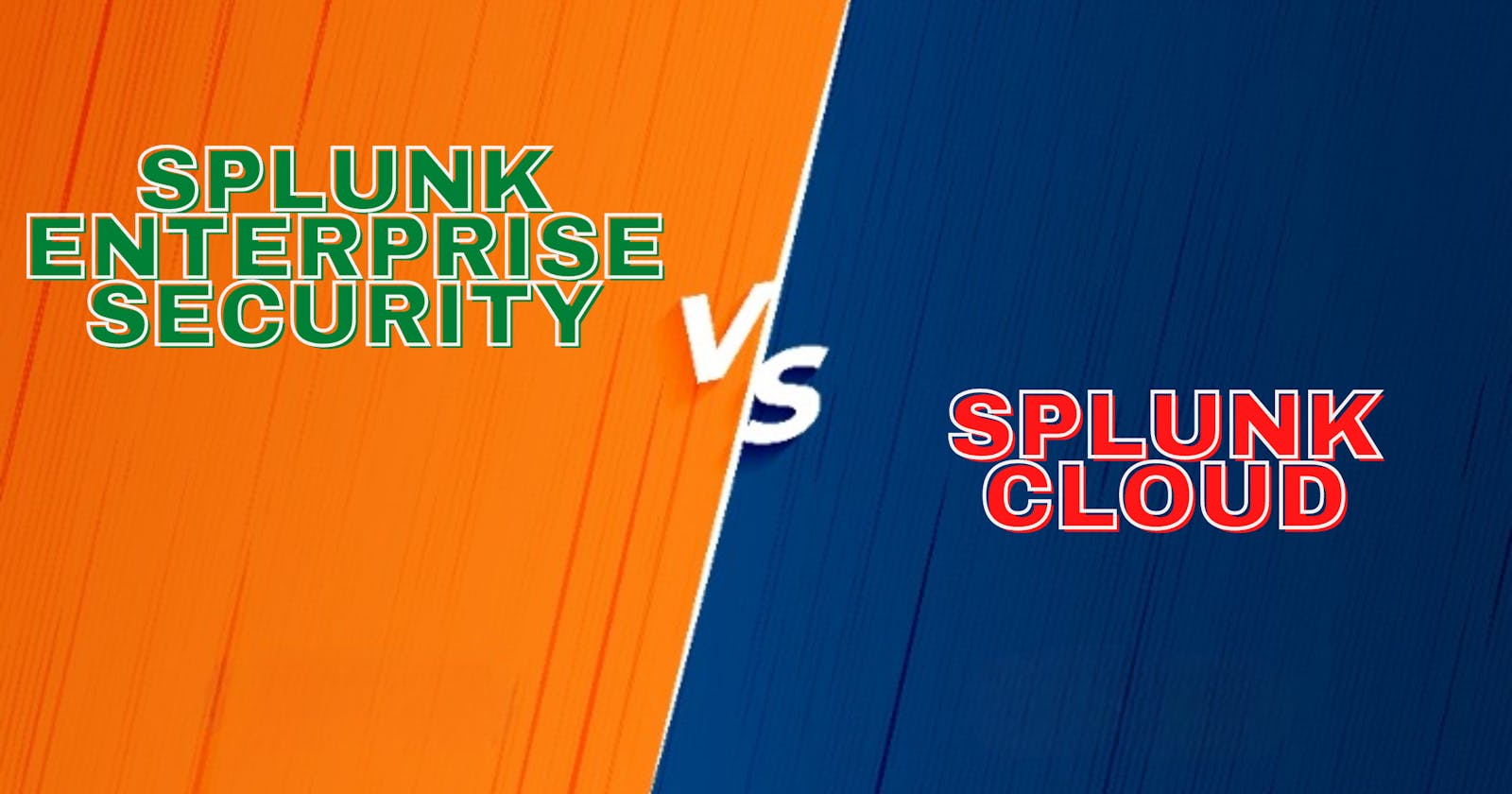Organizations are always in search of great ways to manage and analyze their data. While there are many ways to make it happen, they must keep factors like scalability, security and compliance, maintenance and management, deployment and infrastructure, and cost in their mind.
Splunk is a great option to pick, but many organizations find themselves in a dilemma regarding Splunk Enterprise vs Splunk Cloud. Here is a blog highlighting the differences between these two, but going for a Splunk online training is the better path to learn it all. Let’s see how these two are different from one another.
Splunk Cloud vs Splunk Enterprise: Architecture, Features, Capabilities & More
Both Splunk Enterprise and Splunk Cloud are exceptionally powerful platforms, facilitating organizations in harnessing machine-generated data and generating insights in real time. These two act as centralized repositories to collect, analyze, and index data from multiple sources, such as IT devices, infrastructure, applications, and logs.
With these solutions, businesses get empowered to detect anomalies, ensure security, gain operational visibility, make data-driven decisions, and troubleshoot issues. While their goal is the same, there are certain differences between these two. Let’s explore Splunk Enterprise vs Splunk Cloud, more of which you can understand with a Splunk course.
1. Deployment & Infrastructure
Splunk Enterprise: It is crafted for on-premises deployment and organizations have complete control over the infrastructure. Enterprises have to manage and provision the software and hardware necessary for running Splunk.
Splunk Cloud: It is a Splunk cloud service, offered, managed, deployed, and scaled by them. Hence, organizations need not manage infrastructure, making it a good fit for those who do not wish to bear that burden.
2. Management & Maintenance
Splunk Enterprise: Organizations are in-charge of managing infrastructure maintenance, patches, and software updates, making it a time-consuming and resource-intensive affair. Companies must hire experts and a dedicated IT team.
Splunk Cloud: It manages all infrastructural aspects, such as maintenance tasks, patches, and software updates. Hence, leaving enterprises with the time to focus on extracting insights from their data.
3. Cost
Splunk Enterprise: When we talk about cost, Splunk Enterprise turns out to be costlier as it includes upfront software licenses, hardware expenses, and additional ongoing maintenance costs. It also requires an IT team of experts to maintain and manage the deployment.
Splunk Cloud: It works on a subscription-based pricing model, wherein the cost incurred is based on the volume of data ingested and retention requirements. Hence, there are no upfront costs as in Splunk Enterprise, but rather a predictable monthly expense.
4. Scalability
Splunk Enterprise: Here, scalability is experienced via distributed architecture and horizontal scaling. Hence, deployments can be scaled by adding extra nodes or hardware to manage the growing user demands or data volumes. This flexibility comes with proactive management and monitoring to ensure resource allocation and optimal performance.
Splunk Cloud: It provides great scalability, facilitating enterprises in seamlessly scaling their data analytics capabilities, both up and down, as per the changing needs of their business. It is a better option for organizations that showcase rapid growth trajectories or unpredictable workloads. You can also check Splunk Cloud Platform Feature to know more .
5. Security & Compliance
Splunk Enterprise: Organizations get complete command over data compliance and security measures. They can implement encryption mechanisms, security policies, and access control to ensure sensitive data is protected and regulatory requirements are complied with.
Splunk Cloud: Splunk Cloud stays in line with top security certifications and standards, such as HIPAA, ISO 27001, and SOC2. Cloud infrastructure is managed to ensure data is encrypted in transit and while at rest.

Wrap-Up
This guide to Splunk Enterprise vs Splunk Cloud is for those who aim to explore this field. After Splunk training and certification, many doors will open. Titles like systems engineer, security engineer, software engineer, solutions architect, technical services manager, programming analyst, etc. will become approachable. It provides many great career opportunities and a fantastic growth scope.
Frequently Asked Questions
Question. Which are the benefits of Splunk Cloud?
Splunk Cloud facilitates in collecting and correlating data from plenty of sources like servers, websites, and apps. With an intuitive search language, monitoring client’s and self’s security infrastructure becomes easier.
Question. What is the purpose of Splunk Enterprise?
The purpose of Splunk Enterprise is to enable organizations in searching, analyzing, and visualizing the data that has been collected from different components. It aims at building a more resilient and safer digital world.
Question. What is the Splunk Cloud?
Splunk Cloud is the cloud-based counterpart of the popular data management and log analysis tool named Splunk Enterprise. It is often used by organizations for storing mission critical or sensitive data.
Image resource :rangaswamy.hashnode.dev
